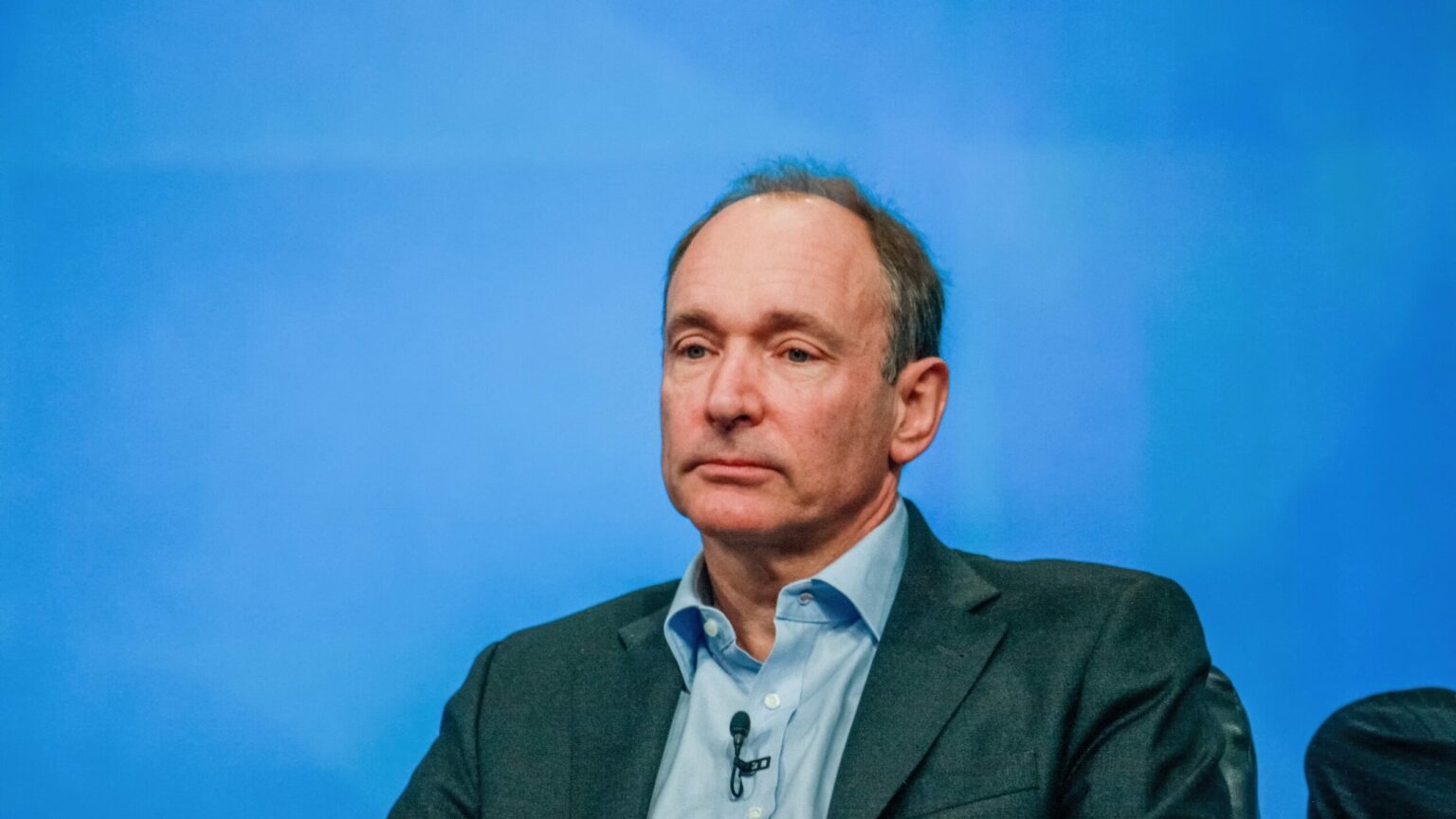Artificial Intelligence (AI) and ChatGPT have been the tech buzz words of late, and now the man credited with inventing the World Wide Web, Tim Berners-Lee, has stated his belief that we’ll all eventually have our own personal AI assistant like everyone’s favourite chatbot.
The British computer scientist, who serves as chief executive officer (CEO) of Inrupt, a startup he co-founded together with John Bruce, was speaking on CNBC’s Beyond Valley podcast. He thinks the AI boom we are living through is part of the vision of the future of the Web.
Also read:Privacy Search Engine You.com Enters AI Chatbot Race with YouChat 2.0
This growth is also expected to see data stored on “pods,” with users able to grant a website or service access to their pod or data silo.
Reflecting on his invention of the web in 1989, Berners-Lee said, “If you were sufficiently switched on geeky, you could get yourself a computer. And you could put a web server on it, you could plug it into the internet. And you could have a website.
“The spirit of the web was incredibly empowering to individuals. Now, everybody’s on Facebook, so they don’t have the website. They all use Mark Zuckerberg’s website,” Berners-Lee told CNBC.
“When people look you up on Facebook, you don’t control actually what they see… Mark Zuckerberg’s algorithms control what news gets fed to them as they’re looking at your stuff,” he added.
“That’s very disempowering. It is very useful to Facebook. They have a lot of data about people that they use for targeting them with advertisements…. but what we’ve lost is the ability for individuals to have power.”
“Pods” to become storage for personal data
Berners-Lee also addressed ChatGPT, developed by Microsoft-backed OpenAI. The chatbot has generated headlines and motivated multiple tech companies to incorporate the tech into their products and services.
According to the Brit, users will eventually have all sorts of data stored in their pods – ranging from fitness to shopping trends, with AI using that data to learn about the user and assist them.
As such, people will be able to run their own AI, much like they have their own personal version of Amazon’s Alexa or Apple’s Siri.
“Sometimes you have the whole data spectrum – all of the data to do with your collaborations and your coffees and your projects and your dreams. And the books you’re reading and… all of your life, then that is in your pod. You run AI on that. That could be sweet,” he suggested.
Berners-Lee weighs in on cryptocurrency
Commenting on cryptocurrencies on the same show, Berners-Lee said he thought they were speculative and dangerous, likening investing in them to gambling.
“It’s only speculative. Obviously, that’s really dangerous… if you want to have kick out of gambling, basically. Investing in certain things, which is purely speculative, isn’t what… where I want to spend my time,” he said.
The digital asset market, he added, reminds him of the dot-com bubble, the stock market bubble of the late 1990s when firms tried to boost their stock and encouraged investment by adding .com to their names.
Many dot-com companies relied on VC funding and initial public offerings (IPOs) to raise capital, but many had no viable path to profitability. The speculative investment frenzy came to an end at the turn of the millennium when the bubble burst, and the stock market’s sharp decline wiped out billions of dollars.
Berners-Lee is not the only high-profile individual to disparage cryptos. Berkshire Hathaway boss Warren Buffet once called Bitcoin “rat poison squared,” claiming he wouldn’t pay $25 for all the Bitcoin in the world.
His long time business partner Charlie Munger also criticised Bitcoin, arguing holding onto crypto was “stupid” and predicting that its value would eventually fall to zero. Munger further labelled it “evil” because it undermines the integrity and stability of the US financial system, and said China was sensible to ban it.
Last year, billionaire Bill Gates called Bitcoin 100% based on greater fool theory, warning investors to be more aware of crypto’s price volatility. He said they should not invest based on tweets by the likes of Elon Musk and added that digital currency was being used to buy drugs.









 and then
and then